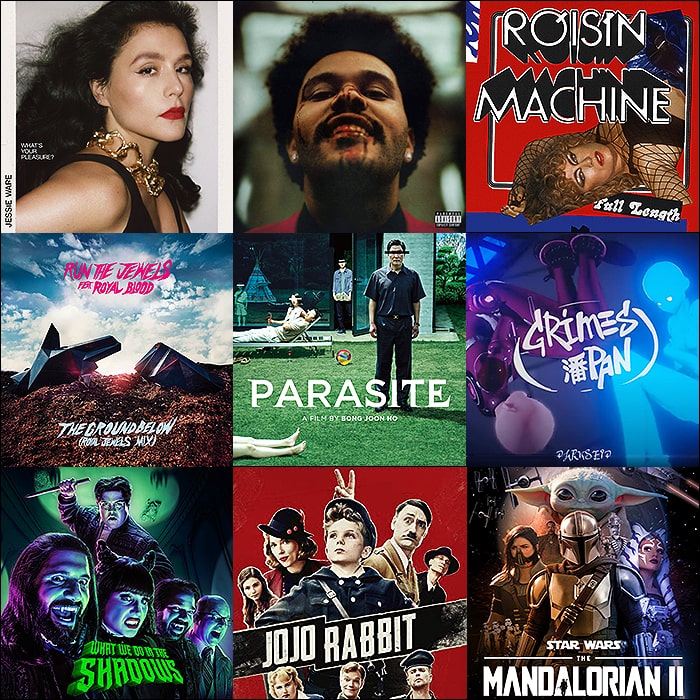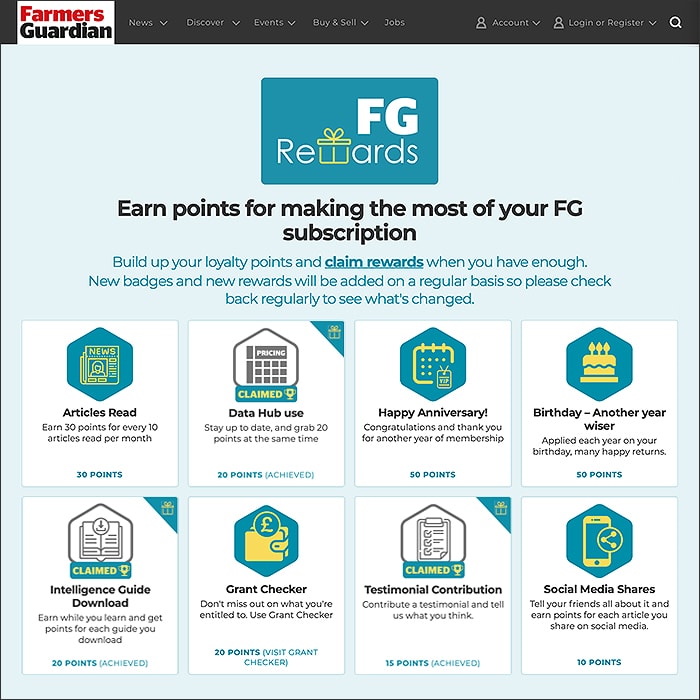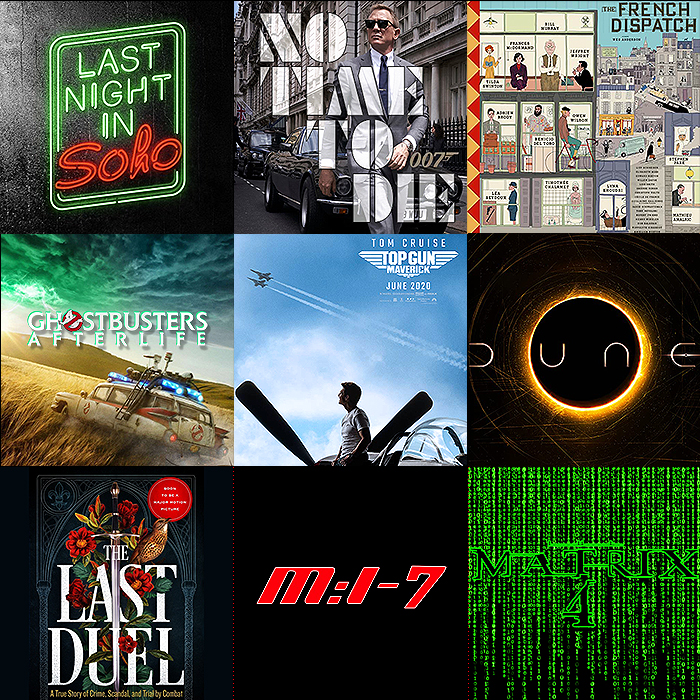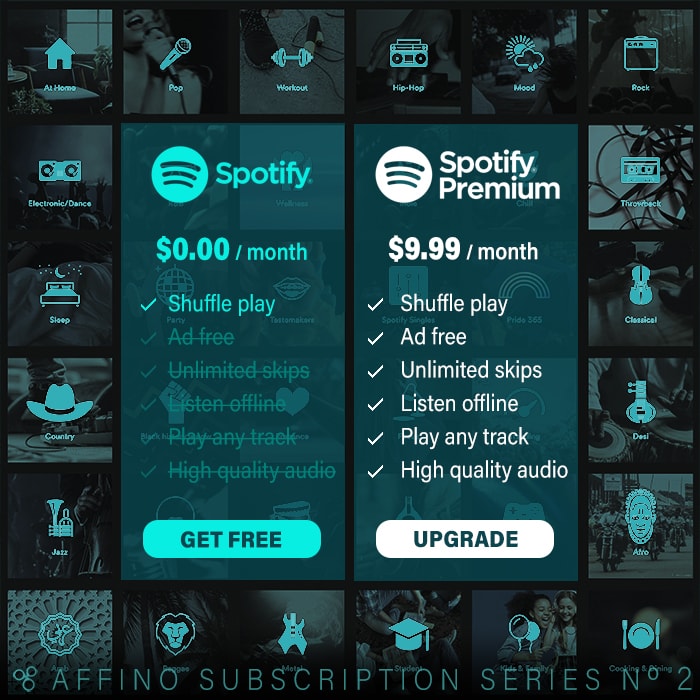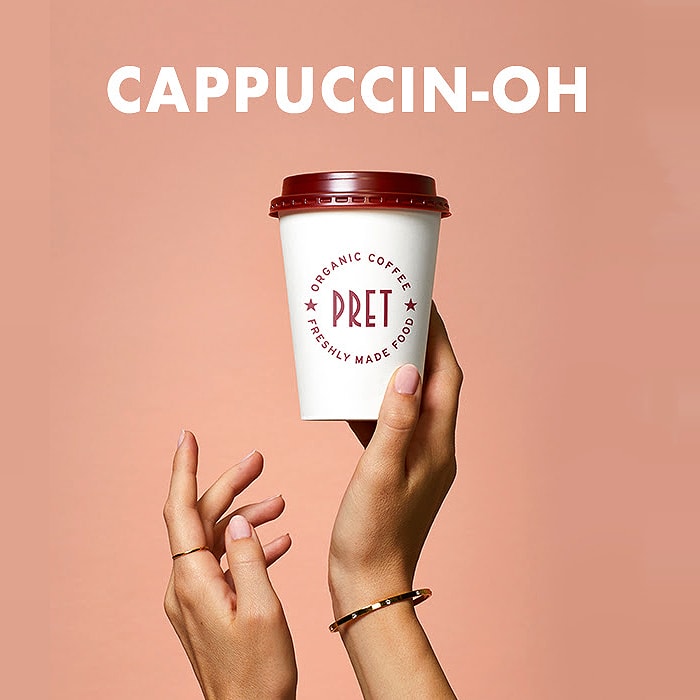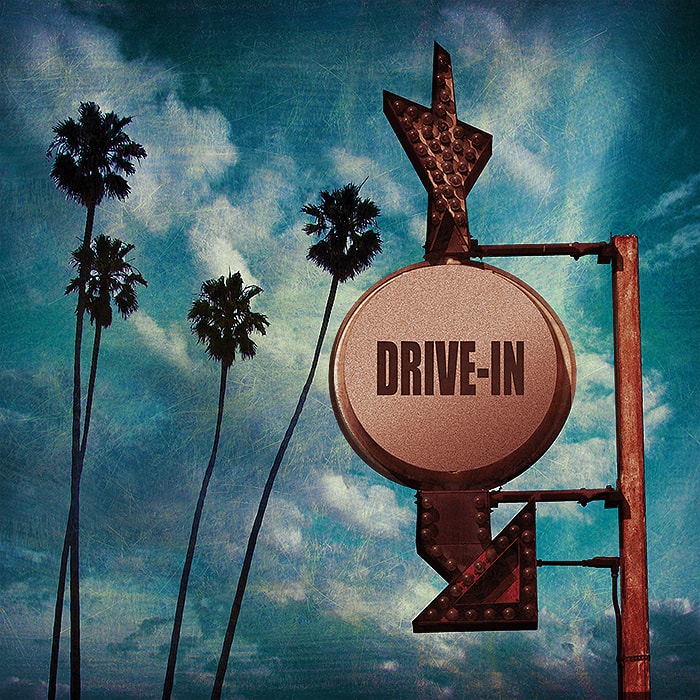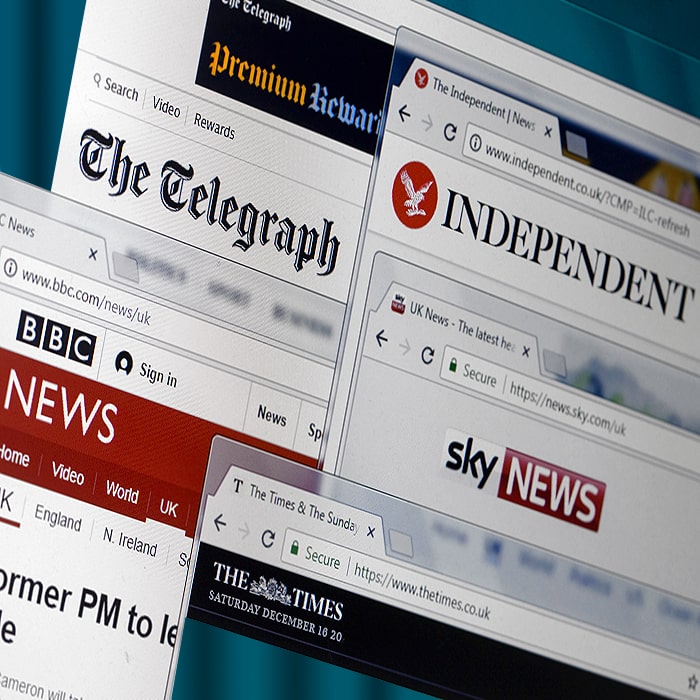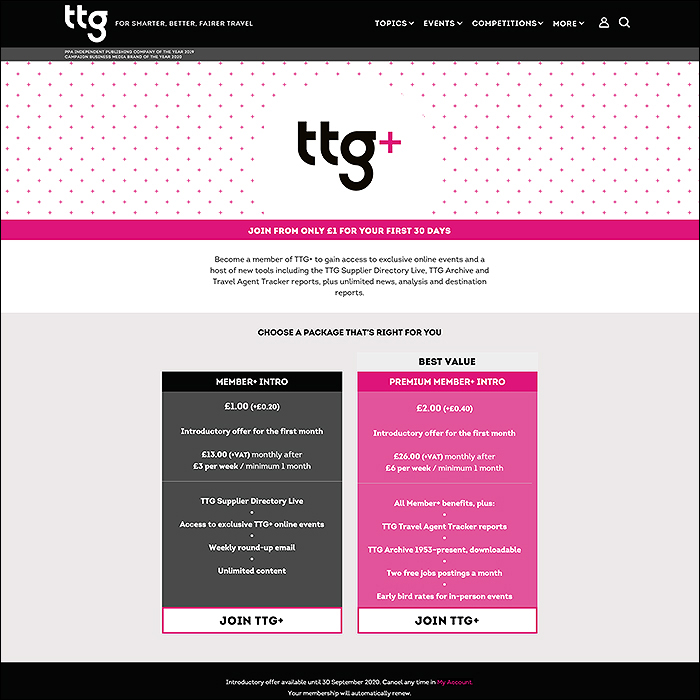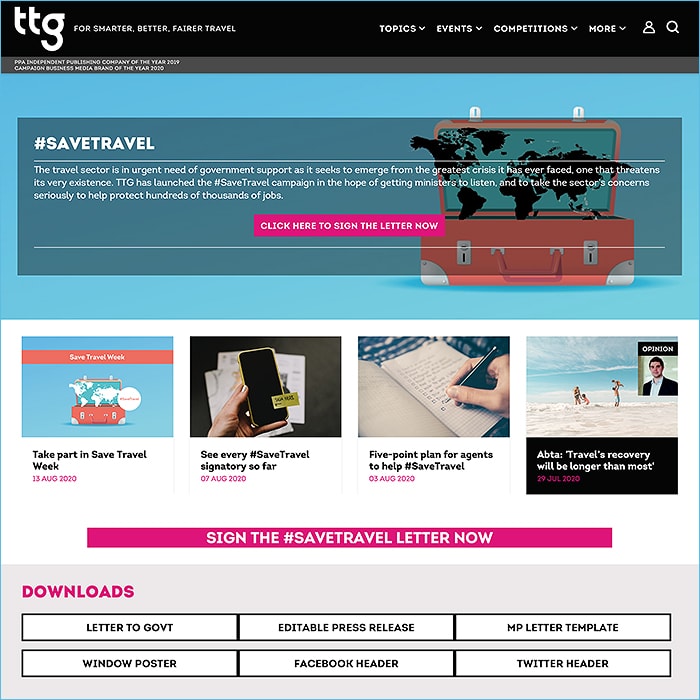The Impact of Coronavirus On Changing Consumer Behaviour and Lifestyle Habits
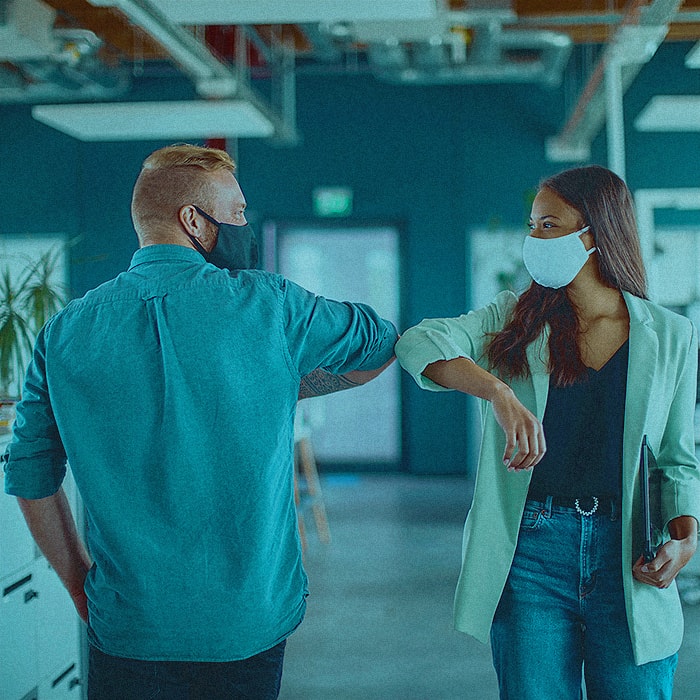
There has been a lot of speculation in the media of late about the cultural impact of Coronavirus and whether it is likely to bring lasting changes to society. Behavioural Psychologists and Marketeers will tell you about how repetition and repeat behaviour becomes habit-forming and eventually changes perceptions and the accepted norm for how things are done.
For instance it takes approximately 2 months of regular repeat behaviour for something to become habit-forming. A classic example of this is a new item on your regular grocery shopping list - the first few times there is only around a 50/50 chance that you remember to include the new item with all your regular purchases. If you carry on buying that item for a long enough period - even though somewhat intermittently early on - it changes up to a regular item on the shopping list which you then make sure you include in every order.
I myself have been in social-distancing isolation since March 1st - nearly 8 full months now - which is ample time for me to have introduced new habits and modes of behaviour which are now firmly established and automatic. Where before I would pop out to local shops to top up weekly groceries - nowadays I use a Deliveroo service to pick up whatever I may be missing. I used to go to the cinema on a weekly basis and do all kinds of routine stuff which involved being out and about in the world. That has all changed over the intervening months and my standard and routine modes of behaviour have surely changed too.
I contend that the Covid-19 pandemic has already wrought very significant changes on society, and I will endeavour to touch on the key parts of that paradigm shift in this very piece.
Home is Best
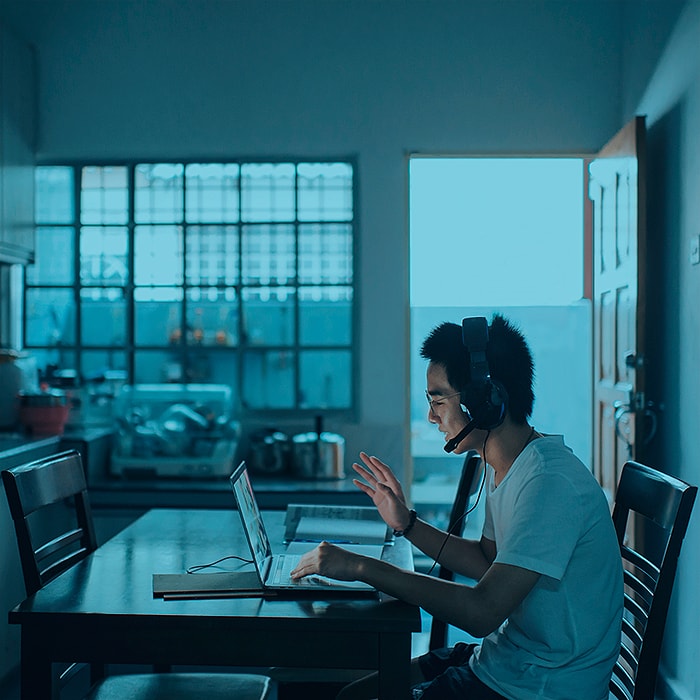
The coronavirus has encouraged the majority of people to stay safe and actually stay more at home a lot more - and this includes a massive trend toward Home / Remote Working. 20th Century Society was always much about Office Life and commuting into city and town centres to occupy those human battery-cage like tower blocks. Turns out that open-plan office spaces are not conducive to safe management of Coronavirus and the result has been a massive exodus back to the suburbs.
Companies have discovered that in most cases it is net positive to have home-working staff, as it greatly reduces ongoing business overheads - where commercial rents and rates have always been proven to be high-impact. Several service-based industries have not renewed their office leases - and as a result there are circa 8 million more home-workers now.
Affino itself has been remote working since 2009 - in fact the Amazon AWS Cloud allowed us to create exactly the kind of modern business we wanted to - which allowed the majority of our staff to live anywhere in the world as they wished - of course as long as that location had great broadband access, and no insurmountable government filters.
Having staff work from home is actually better all-round for everyone, and results in far fewer sick days and days off - as staff members can run essential errands throughout the day - as long as they deliver on their targets. They simply make up for any time taken out of the day - by staying on and doing a couple of hours or so extra at the end of the day - or else just login early to leave early!
The move out of the offices is already having a significant impact on commercial property rents, and the viability of several commuter businesses. We've had to withstand a barrage from commercial property owners and their media backers and government supporters, including the threat of redundancy to staff who did not return to the office.
And it was veiled as a cry for support for the commuter newspapers, coffee bars and sandwich shops - but you could tell from those involved in the various TV morning show interviews as to what was really behind the motivations to accuse Home Workers of being bad for society.
As mentioned - most companies who were forced to engage in Home and Remote Working have had such a successful time of it, that they are never likely to return fully if at all to city-centre offices. In due time those empty office blocks will need to be transitioned into alternative uses, while several of the city-centre commuter businesses will need to start looking towards the suburbs and smaller towns again.
Home Delivery and Internet Shopping
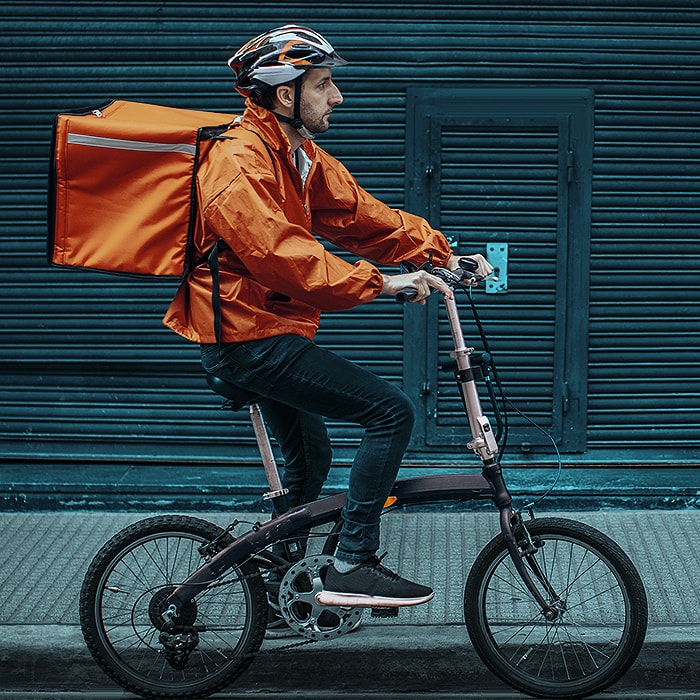
A huge trend during Coronavirus has been the growth in Online Shopping - Groceries in particular. Before Covid-19 around 7% of Brits shopped their weekly groceries online and by the end of September the figure had nearly doubled to 12.5% - with some operators seeing a rise in sales of 52% or more. I have felt this through all the gearing issues Ocado had over the summer - the operation has settled down more since the move across to M&S brands, but supermarkets generally in any form still seem quite unable to deal with spikes in demand - and for staples like toilet-rolls and hand-wash.
It's most logical actually that you would forego further travel and queueing to get your groceries delivered to you in a much safer way. And I predict by the end of the Pandemic - there will have been a very significant shift toward the online alternatives.
It's not just online groceries that have been a winner during the pandemic - home exercise equipment, boardgames, hobby-crafts, bikes and garden furniture in particular have sold beyond all expectations.
In fact Fender has sold more guitars in 2020 than in any previous year. So we can look forward to a revival in guitar based music no doubt. In general instruments and hobby materials, even DIY tools and such have had a great time of late as the lockdown restrictions have forced people to get more creative indoors!
The Decline of Commute
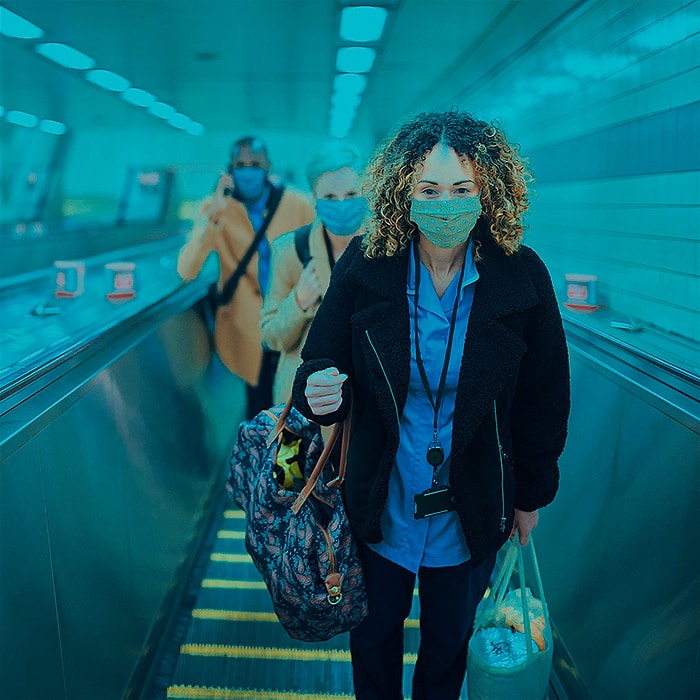
2020 already has a very remarkable statistic in that rail journeys are only at a level of 6% for the equivalent period last year. The increase in staying at home / home-working has resulted in far fewer journeys overall. While we're still waiting to see the same figure for car-use. Transport for London is obviously in a terrible state where it needs a government bailout and the government in turn is threatening to take away the authority of the Mayor by commandeering TfL for itself.
The Pandemic has not just impacted on local journeys, but obviously internationally as well in the form of tourism and travel in general. All airlines and tour companies have been enormously imperilled by the pandemic and few have any solutions. In fact most aren't even making any particular allowance for Coronavirus in terms of how they still fill their planes.
There's also no consensus yet as to what should happen on arrival - in terms of mandatory testing and quarantining - where it's evident that many supposedly 'safe' destinations do little or no track-and-trace testing and have no requirement for testing upon arrival. Over time there is going to have to be some accord over the appropriate response - just like there was in the aftermath of 9/11. It is likely that localised tourism agencies and companies will need to take on some of the testing expenses themselves - or at the very least factor those into the vacation packages.
To have viable 'air-bridges' per the new terminology - there needs to be a wholly consistent approach at both ends of the bridge, And where we are at the moment no international standard has been agreed upon - while Iceland's dual 5-day tests with imposed quarantining would seem to be a good way forward in most ways.
The Dining Revolution
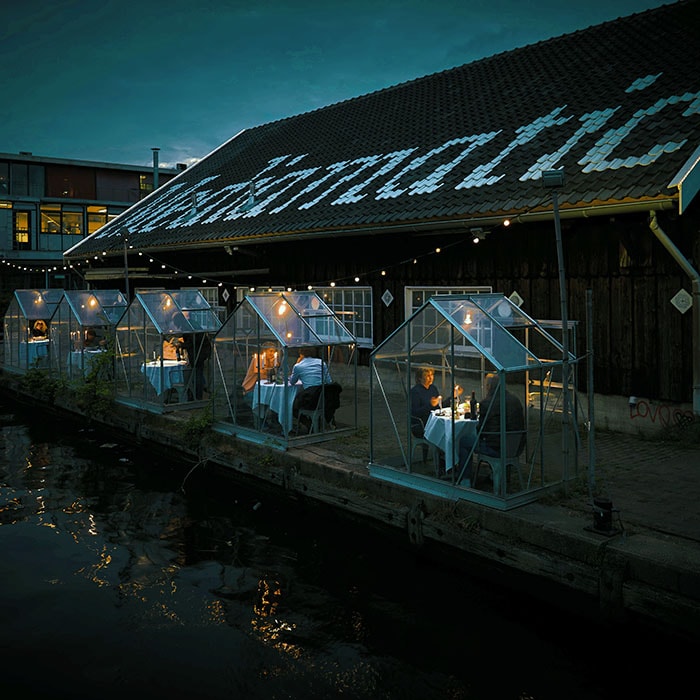
Deliveroo, Just Eat and UberEats have provided a necessary lifeline to many restaurant businesses as people are choosing to eat increasingly at home. For a short period near the first peak there were only a handful of restaurants with operating kitchens as many realised that they really weren't safe for Coronavirus conditions as there was insufficient space for staff to distance. It seemed for the briefest while that only Dominos was fully viable - albeit with a much lesser selection. While latterly more and more restaurants came into the frame.
Despite the success of the 50% discounted Dine-Out campaign, most people are choosing to still eat at home. Which means restaurants can either be involved via one of the doorstep delivery companies in take-out deliveries, or they can do meal kits - where they provide fully prepared ingredients which just require throwing in the oven really.
Those restaurants that have chosen to stay traditional have by and large had to shutter operations - and if you wander through central London you will see many a closed-down restaurant and chains. Even Michelin star restaurants have gone online to survive. Fine Dining was already under assault by more casual turn-up-and-queue venues like Wagamama, Busaba and Flatiron, so this is likely another nail in the coffin of fine-dining.
If restaurants wish to carry on with more traditional dining - then they need to take inspiration from Amsterdam's Mediamatic Pods. I've seen very little sign of coronavirus consideration and adaptation in UK restaurants - where there is no evident additional distancing provision. A lot of pubs by contrast have done a great job in extending facilities, marking up one-way systems etc. to make sure their customers can be as safe as possible.
In too many restaurants that I've seen though - the tables are way too close together - the entrance is also the exit and the bathroom facilities are tight and cramped - meaning that you can never be safe in such an environment as you cannot enforce an adequate one-way system, nor proper social distancing. Most MacDonalds had to close down - even the take-away ones, as there was insufficient space behind the counter to accommodate the staff within social distancing guidelines. Restaurants are really going to have to adapt to thrive or survive even during the time of Covid-19.
The Further Dominance of 'Sports Casual'
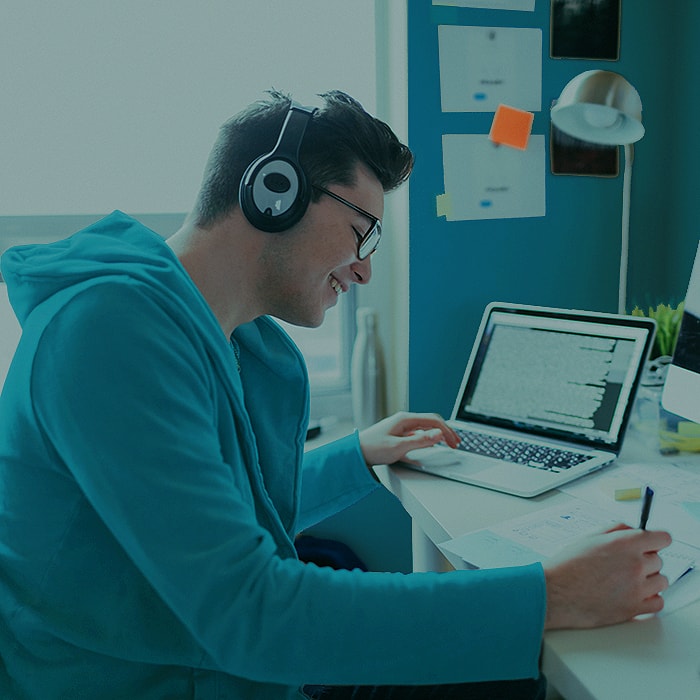
The fashion trainer revolution which was sparked by Isabel Marant in the late 90's / early noughties with her fashionable concealed-heel high-top trainers has continued to influence fashion more toward the casual side of things. And while the sale of suits is about as rock-bottom as it can get with near half the properties on Saville Row currently empty, everyone pretty much has switched to a more comfortable line of lounge-wear or sports-luxe even - in the new standard uniform of cosy joggers and hoodies!
ASOS has just posted bumper profits for the last quarter, while most luxury brands are teetering on the brink of bankruptcy. With people going out less - they just want to be comfortable at home really - and where wearing the latest Balenciaga holds very little sway. Same with the reduction in office attendance and the lack of daily parading - there just isn't much point to 'peacocking' any more. To make thinks worse for the big fashion brands - the sale of the perfumes and colognes which usually support the more expensive parts of the business are way down too - as none of those lifestyle accessories seem really that important any more within an environment where lots of people are still dying.
I used to be something of a Prada-boy in my late 20's and 30's but the price inflation on those items just became ridiculous in the end and something of an affront to a price/quality-minded Scandinavian like myself. Fashion brands are going to have to diffuse down the pricing scale to be future-viable within this environment. Of course several have taken to making their own masks - which won't really do too much for their declining bottom lines. So the message really is to go casual and go home!
Decline of In-Person Events including Theatre and Cinema
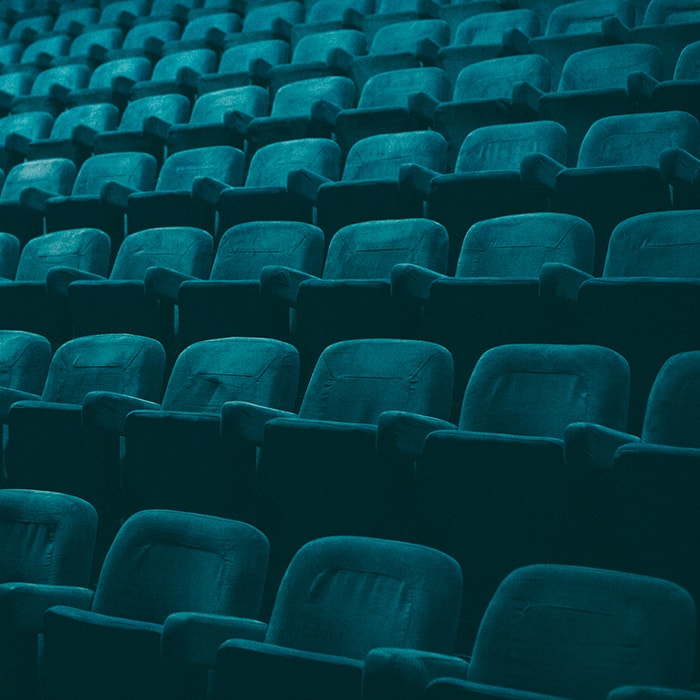
Coronavirus has had a massive impact on all manner of in-person events - including conferences, trade shows, exhibitions, theatre and performance arts, and cinema - in fact just localised business meetings as well. The smarter operators have shifted across to digital / virtual - making the most of online interfaces, webinar and other video communication standards and platforms. This saw US late show hosts taking to Zoom in their droves, and businesses trying to build the same sort of immersive interactive environments online that they used to provide at the conventional in-person shows. We know this area very well as we've been involved with most of our Clients in helping them bridge the gap to their audiences.
It is ever the smarter operators here which have succeeded in every genre. Cinema shifted in part outdoors with some drive-in events, and several theatrical companies put on outside shows. In fact there were drive-in concerts too in places as far apart as USA and Denmark.
The big winners in all of this have been the Home Entertainments Services - Netflix and Disney+ in particular, which added a lot of subscribers over this period, and the latter of which successfully debuted its mainstream live-action Mulan release on its service. In fact VOD / Video-On-Demand has been a huge thing this year with films like Trolls World Tour and Mulan racking up very impressive digital box-office returns versus the one big conventional cinema release this year - Chris Nolan's Tenet which has been deemed something of a disappointment overall.
I myself have been a big cinema goer for most of my years - typically attending a show each and every week - it's one of the things I've missed most during the pandemic. I however don't wish to endanger myself and others unnecessarily and while cinemas can employ social distancing in their auditoriums - they typically have lots of bottleneck passageways and facilities. I have a nice big screen at home with cheaper and mostly better popcorn and coke in any case!
I think it will be a struggle for Cinema to return to the norm as Disney has already announced that they will release more of their feature films on VOD after the success of Mulan. With Netflix, Amazon Prime and HBO all doing similar things - it will be interesting to see how traditional movie studios the like of Warner Brothers, Universal and Sony Pictures will respond.
The success of BTS's live virtual show - where the ambassadors of K-Pop reached an audience of 50 million with minimal overheads will surely be encouragement for other more conventional touring bands. Considering how cinemas had taken to doing live coverage of Broadway and Musical Shows - I don't see how artists cannot make the most of the virtual media too. A number of Icelandic performers have taken to do living room broadcasts where they sell limited access to cosy virtual gathering as such.
The one area which needs more work is that of more traditional theatres who just don't have digital broadcast equipment installed by default yet. And it's very difficult during these times of lower revenues to invest in those new services which could provide a lifeline to the business. Going forward though Theatres will have to adapt VOD technology too to help supplement their income over this period - there will always be something magical about attending a live performance in person - but when you cannot - you need to provide an alternative.
For cinema I see more and more releases going towards VOD - it means less money required for promotion and distribution - so less risk overall. While it will be the more extended-feature cinemas like the 4D auditoriums that will be needed to succeed conventionally. As competition increases, you need to forever improve your offering to maintain viability.
The Subscriptions Industry
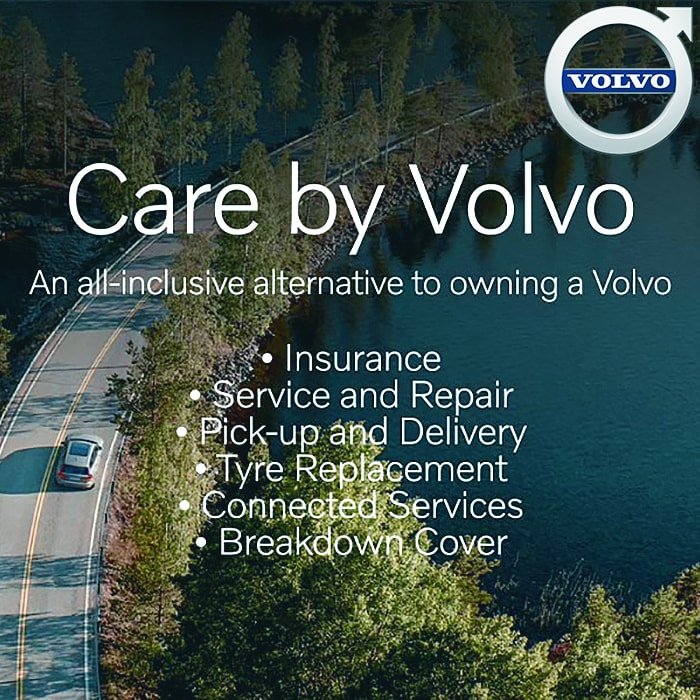
In my recent piece on Pret - I shared how they had launched the first Hot Drinks Subscription service - where customers could pay a very reasonable £20 monthly fee for up to 5 cups of barista-prepared drinks per day. Pret obviously realised the new reality of its marketplace and situation and took the first step to mitigate the business risk from increased Home-working.
Pret's two main revenue streams are Hot Drinks and Sandwiches - and both are very significantly impacted by the recent changes in society. The YourPret Barista Drinks Subscription is just the first step in the right direction here as Pret will need to follow its transitioned customer base back to the suburbs too.
Swedish car manufacturer Volvo had also recognised its challenges in launching its 'Care by Volvo' car subscription service - which is a wholly new way to 'own' a vehicle - where you pay a monthly fee which includes insurance, service and repair, pick-up and delivery, tyre replacement, breakdown cover and connected services.
Subscription services have been a real boon for most types of company throughout the pandemic in securing regularly renewing revenue streams. I've previous spoken of how we are living in a new age of 'Share Economy' while more recently the emphasis has been more on the 'Subscription Economy'. Almost everything is 'bought' on subscription these days, where the format usually gives consumers a more manageable route to ownership and experiences.
And where Pret and Volvo have led - I imagine many more will follow. Subscriptions tend to work out very well for most companies that deploy them right, and it's surprising why they aren't prevalent in all industries and sectors!
The Cashless Society
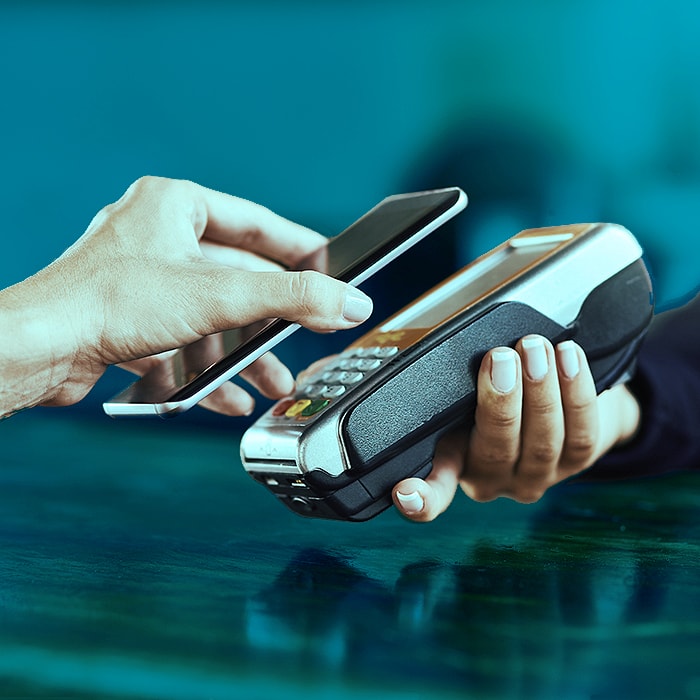
Another increasing trend over the course of the pandemic has been how cash payments were traced back to early cases of infection, where at least one taxi driver was known to have contracted the virus from the surface of a £20 note tendered in payment.
As a result of this, lots of businesses have taken to refusing cash payments. There have been some court cases on the matter and it's been confirmed that businesses are perfectly entitled to choose which methods of payment they are willing to receive - for the sake of protecting their staff.
From almost the earliest days of the virus, those living in city centres were informed not to go to their restaurants of choice for take-away pickups, but rather to rely on doorstep delivery services like Deliveroo, Just Eat and UberEats.
The below message has been fairly typical of this time :
Because of Covid-19 we wish to safeguard our customers and delivery drivers.
All deliveries will be placed at the door and the driver will stand at least two meters away whilst it is collected.
We no longer allow a collection option.
Only card payment will be accepted
At the same time in the villages of the land there were no delivery services active and those local businesses still relied very much on in-person pickups and cash payments. The one difference was that you had to book your pickup slot to avoid unnecessary congestion.
I'm sure some enterprising individuals in the countryside will eventually work out how to introduce localised delivery services similar to what we're seeing in the towns and cities, while cash payments are becoming something of a rarity.
In Iceland, where I was born - there are pretty much no limits on credit card use - and contactless payments tend to have a higher threshold - meaning that mobile devices and chip-enabled credit cards are pretty much used to pay for everything - even down to a pack of chewing gum.
There have long been predictions of an eventual future cashless society and it seems that Coronavirus has accelerated that evolution considerably. I personally have not been to a cashpoint since way before the start of the pandemic.
The Rise of Ingenuity

As is always the case in challenging economies, you need to innovate to thrive - even just to survive! And those companies that are still largely doing well during this pandemic are the ones which remain open-minded and fluid.
As an example of creative ingenuity I will reference two groups of friends of the family - firstly the Pedlars family which run the Pedlars of Ilfracombe General / Hardware store in that town. During the peak of lockdown they placed an old-fashioned counter at the store entrance and took to running a more old-fashioned general-store counter service a la 'Are You Being Served?'. At the same time they listed their most popular items for delivery and took to making door-to-door deliveries for the local area. Other stores remained fully shuttered over the same period while Pedlars of Ilfracombe continued to serve the community.
The other example is landlords Nick and Haley Carter of the Selborne Arms in the South Downs who made an exceptional job of serving the community during the most restrictive period of Coronavirus lockdown. Working alongside the neighbouring White's Café to deliver takeaway meals, drinks and other produce in service of the community.
Generally in the restaurant business it is the innovators that have thrived during the pandemic - obviously Pizza, Burgers and Chinese take-aways have been particularly successful (and comfort food in general) - while several higher echelon restaurants including a number of Michelin-starred ones have taken to making use of Deliveroo, Just Eat and UberEats for home-delivery - as well as many of them producing prepared meal kits that you can just pop in the oven.
Businesses that are simply trying to carry on as was or as 'normal' even have been somewhat surprised by their lack of success - but it's ever the ones that move with the times that remain vital and relevant. You can't keep on bashing out typewriters for instance in the era of computer word processing.
We at Affino have been very fortunate that most of our clients have been innovative and ingenious throughout the pandemic and have led their own sectors in creating exemplary Coronavirus Information and Business / Sector Support Hubs. TTG in particular has been exemplary in bringing together an alliance of the key players in the travel and tourism industry to take on the challenges of Coronavirus.
The one thing you really cannot and should not do is stand still and expect things to return to how they were - we're already moving beyond the paradigm shift.
Final Thoughts
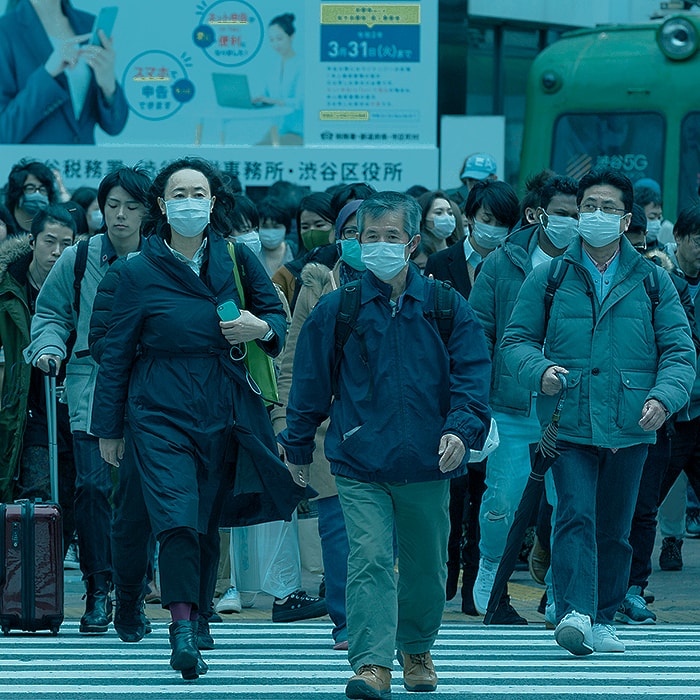
Hopefully we have substantiated beyond reasonable doubt that a shift has already occurred, and while I cannot wholly project whether these changes are permanent - most indicators seem to be pointing in that direction. Society is changed, we have evolved - and you must evolve your business too, or be left by the wayside in Darwinian fashion.
Another area I haven't really touched on is the still massive proliferation of gaming - which has yielded the runaway hit 'Among Us' a sort of space-station infiltration strategy thriller which has earned its place alongside Netflix and Zoom among the big winner of Coronavirus to-date. Interestingly 'Among Us' has been around since 2018!
I can't think of a single industry or sector that hasn't been impacted by Coronavirus in some respect, and I feel that the manufacture of masks and other suitable face coverings will remain strong for quite some time. In Japan for instance face-masks are now very much part of the culture, and come into play each year at the start of the Flu and Hay-fever seasons. The public have derived benefit from the wearing of masks, and it is now firmly ingrained within their culture - which is why it's so odd that there are quite so many anti-maskers as such still about in the world.
For businesses trying to secure regular ongoing revenues - then some sort of subscription offering would seem to be an essential means towards ensuring the viability of that business. And if you make any sort of product you really need to be making the most of the various doorstep delivery services. The variety of products and services delivered directly to your front door is quite amazing - you literally need never leave your house again - not of course that I advise that - some fresh air and exercise is obviously essential for all.
This article in part draws input from a number of recent features - 'Pret rises up to meet Covid Reality with innovative YourPret Barista Drinks Subscription', 'Home Working is now largely accepted as the Evolved and Optimal Way to Work for many Professions', 'Safe Entertainment and Dining Trends in the Shadow of Coronavirus', 'TTG Media Cements its Travel Industry Leadership with Exemplary Coronavirus Hub', and 'The Challenges of Home / Remote Working and How We at Affino Have Perfected it over 10 years' included.
I have no doubt that society, work, shopping, commuting, travel and tourism and venue-based entertainment have changed markedly over this period, and I am contending that many of those changes will be rather permanent in their influence. What say all of you?

Did you find this content useful?
Thank you for your input
Thank you for your feedback
Upcoming and Former Events
Affino Innovation Briefing 2024
Webinar - Introduction to Affino's Expert AI Solutions - Session #2
Webinar - Introduction to Affino's Expert AI Solutions - Session #1
PPA Independent Publisher Conference and Awards 2023
Meetings:
Google Meet and Zoom
Venue:
Soho House, Soho Works +
Registered Office:
55 Bathurst Mews
London, UK
W2 2SB
© Affino 2024






